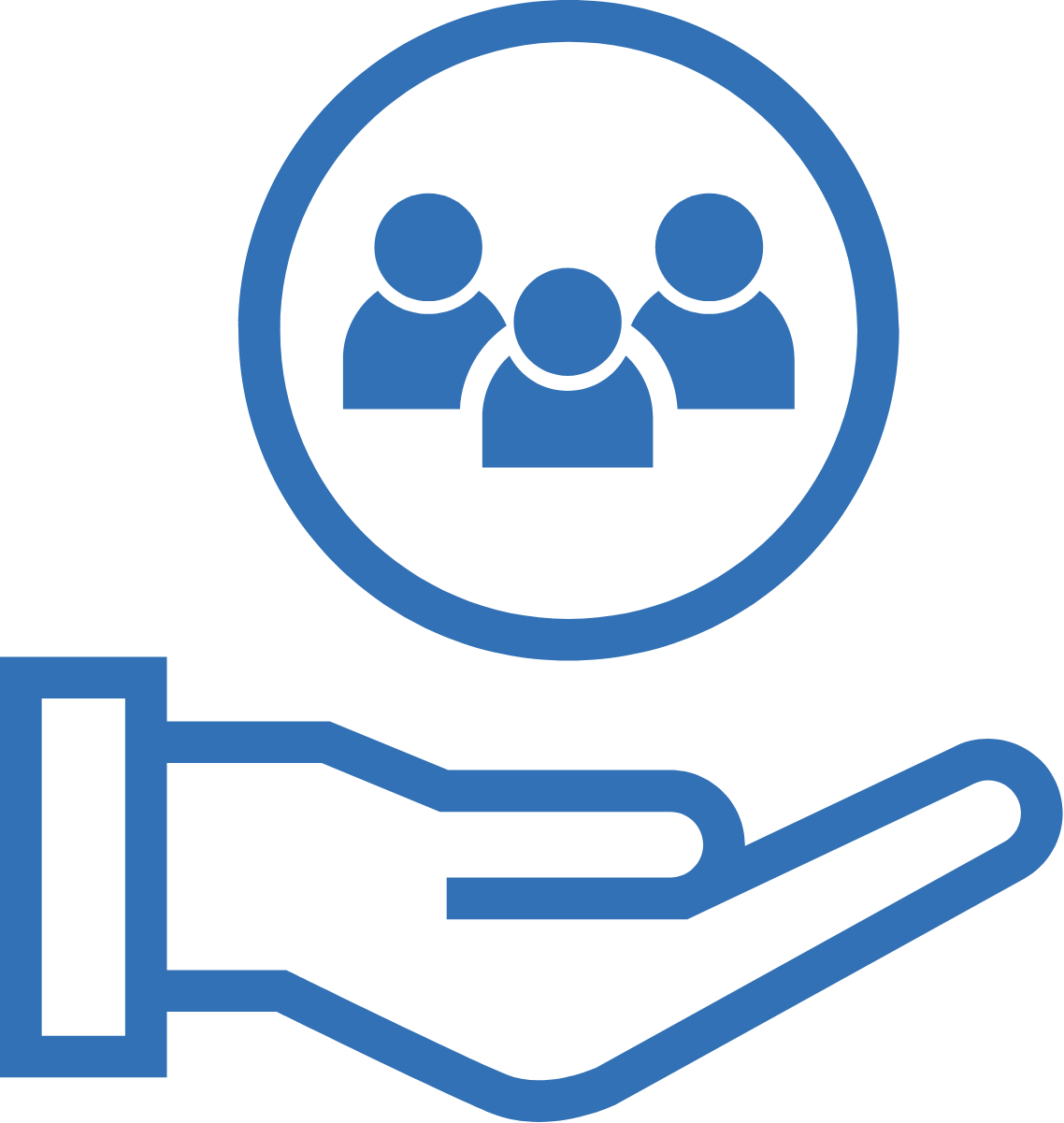Paycheck Protection Program Is Out of Money. Now What?
By Bryan Decker, CPA, Partner
On April 16, 2020, the Small Business Administration announced that the Paycheck Protection Program (PPP) and Economic Injury Disaster Loan (EIDL) programs were out of funds. While we wait for Congress to take further action, let’s take a look at some other potential sources of money for your business that are either available now or will soon be.
Main Street Lending Program
The Main Street Lending Program will provide funding to businesses that were in good financial standing prior to the COVID-19 crisis and which have 10,000 or fewer employees or 2019 revenues of less than $2.5 billion. The loans will be applied for through your existing financial institution and will offer term loans of up to four years consisting of either new term loans or expanded credit facilities. The interest rate on eligible loans is the secured overnight financing rate (0.03% as of April 16, 2020) plus 250-400 basis points.
For new loans, the loan proceeds will range from a minimum of $1 million to a maximum of the lesser of $25 million or four times 2019 EBITDA minus existing outstanding and committed ‒ but undrawn ‒ debt.
For expanded loan facilities, loan proceeds will range from a minimum of $1 million to a maximum of the lesser of $150 million, 30% of the borrower’s existing undrawn bank debt, or six times 2019 EBITDA minus existing outstanding and committed ‒ but undrawn ‒ debt.
Loan proceeds cannot be used to refinance existing debt or pay other federal agency loans. Borrowers must also affirm that they will make reasonable efforts to maintain payroll and employees, and follow compensation, stock repurchase, and capital distribution restrictions that apply to other CARES Act loan programs.
Details of application process have not yet been announced.
Payroll Tax Deferral Program
This program allows companies and self-employed individuals to defer payment of their 2020 share of the Social Security tax with 50% due on December 31, 2021 and the remainder due on December 31, 2022. The program begins with payroll taxes due after March 27, 2020.
A key feature is the taxpayer can utilize this program until they are notified that they qualify for PPP forgiveness. So, if Congress later refunds the PPP and the taxpayer does receive proceeds, they will still have been able to defer payment of these payroll taxes. No application is necessary; the taxpayer simply reduces their required payroll tax payment by the applicable amount.
Employee Retention Credit
Entities experiencing a 50% reduction in gross receipts during a calendar quarter compared to the same quarter in the prior year or have been partially or fully shutdown due to government authority regarding Covid-19, can utilize the Employee Retention Credit (ERC). The ERC allows a company to claim a $5,000 credit against their payroll taxes for qualified wages paid to employees which includes their related health plan expenses.
For entities with fewer than 100 employees, the ERC is awarded regardless of whether the employee is providing services. For employers with over 100 employees, the qualified wages must be paid to an employee not providing services due to a COVID-19 related shutdown or gross receipts decline.
If the ERC is utilized, the entity is no longer eligible for a PPP loan. There is no application process; the ERC is claimed by reducing your payroll tax payments by the applicable amount and completing the applicable lines on Form 941. The employer is eligible for refunds prior to completion of Form 941 by submitting Form 7200.
Tax Opportunities
The federal government has also expanded tax opportunities for refunds. These opportunities include expanding the availability of net operating losses (NOLs), expanding the carryback period for NOLs, expanding the definition of assets available for 100% bonus depreciation, and expanding the allowable business interest expense deduction. These changes allow for the taxpayer to see refunds that were not previously available. These opportunities require careful planning of the various ways they interact with each other and other existing tax laws. Please consult with your PKF O’Connor Davies tax advisor.
Contact Us and Resources
Visit our COVID-19 Resource Center for more news and insights on related topics.
PKF O’Connor Davies is monitoring the situation regarding federal financial assistance. If you have any questions regarding any of the programs mentioned above or any other issues, please contact the PKF O’Connor Davies partner overseeing your account or:
Bryan Decker, CPA
Partner
bdecker@pkfod.com | 203.705.4126








































